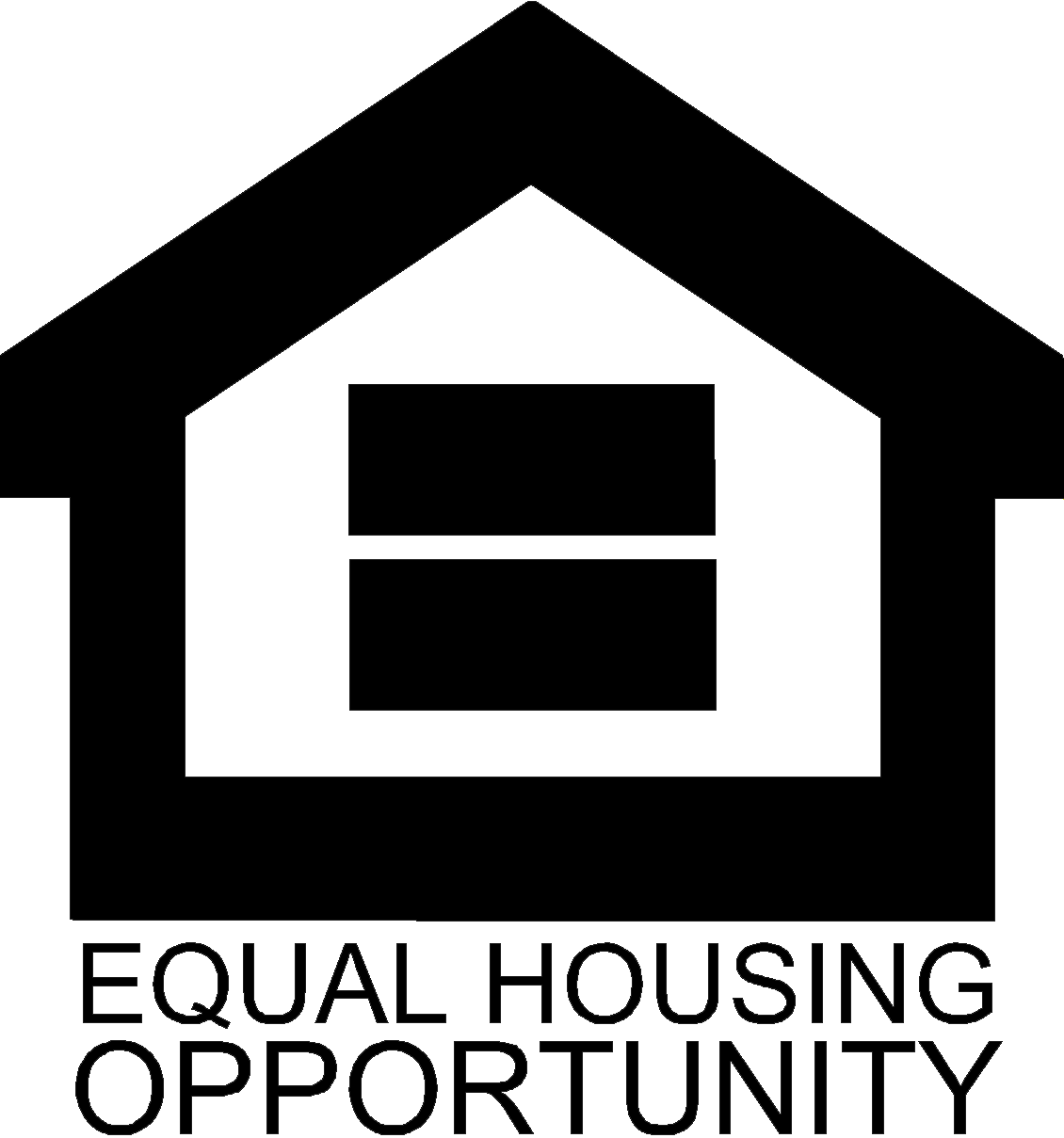Managing rental properties can be challenging, but with a few smart hacks, you can streamline your processes, protect your investments, and build better relationships with your tenants. Here’s a roundup of essential landlord hacks to help you stay on top of your game.
1. Smart Key Management
Losing keys is a nightmare for both landlords and tenants. However, labeling extra keys with the home address or unit numbers can turn a simple loss into a security risk. To protect your tenants and your property, never label keys with identifying information. Instead, use a code system that has no reference to the property. Be cautious with master keys—issuing them to anyone other than the owner can expose you to liability if a wrongful entry or theft occurs. Remember, if keys are lost, be prepared to change the locks—a potentially expensive, but necessary, precaution.
2. Auto-Delivery for Furnace Filters
Keeping up with furnace filter replacements can be a hassle, but auto-delivery services can make it easier. Set up a subscription through Amazon or local providers to have filters delivered to your tenant every three months. This not only reminds them to replace the filter but also eliminates the need for you to coordinate access to the property. For a personal touch, consider buying filters in bulk and delivering them to your tenant’s door with a friendly note or seasonal treat—it’s a small gesture that can go a long way in building a positive relationship.
3. Set Utility Accounts to Landlord Status
If you’re renting out a single-family home, notify your utility company that it’s now a rental property. Many companies offer landlord forms that keep you informed about the home’s utilities. This helps ensure services remain active and alerts you if there’s a change in the account holder’s name—an important safeguard to confirm that only approved tenants are residing in the home. Landlord status also ensures utilities automatically revert to you when tenants move out, preventing any delays in getting contractors on-site for repairs or cleaning.
4. Provide Tenants with Specific Cleaning Products
Different surfaces in your rental property require special care. To prevent damage, provide tenants with the specific cleaning products you want them to use on surfaces like butcher block countertops, wood floors, marble, glass cooktops, and stainless steel appliances. Setting up a subscription for these products ensures they’re always available, and it gives you peace of mind knowing that your property is being well-maintained.
5. Avoid Free Forms
While it might be tempting to use free lease forms from sites like Zillow, these documents are often too generic to cover the specific legal requirements of your area. Instead, invest in subscription-based forms from local organizations like Multi-Family NW or the Rental Housing Alliance Oregon. These forms are vetted by local landlord-tenant attorneys, ensuring they comply with current laws and are enforceable. Subscribing to a service also guarantees you always have access to the latest versions, keeping you up-to-date with any changes.
6. Consult a Tax Deduction Expert
Maximizing your tax deductions is crucial, especially in the early years of property ownership when cash flow might be tight. While your CPA can offer general advice, consider hiring a tax consultant who specializes in rental properties. Experts like David Jaffe of CSSI can perform a cost segregation study, potentially uncovering significant tax savings that you might otherwise miss.
7. Set Seasonal Maintenance Reminders
Stay on top of property maintenance by creating seasonal templates that you can easily share with tenants. These templates should include tips on home care, like checking for gutter clogs, cleaning window wells, and adjusting irrigation schedules. It’s also a good time to remind tenants of emergency contacts and after-hours service guidelines. Use an email scheduler to automatically send these reminders and bcc yourself to ensure you follow up on any necessary tasks.
8. Build a Network of Emergency Maintenance Vendors
Before an emergency strikes, take the time to find reliable vendors who offer 24-hour service. Research their prices and confirm they can work directly with insurance providers. If your property has specialized systems, like knob-and-tube wiring or a boiler, make sure the vendors are trained to handle them. Having these contacts ready will save you valuable time and stress during a crisis.
9. Join a Local Landlord Organization
If you’re not working with a property management company like Living Room Property Management, consider joining a local landlord organization. These groups offer valuable resources, including vetted lease documents, legal advice, and networking opportunities with vendors. Don’t wait until a tenancy goes wrong—getting involved early can provide you with the knowledge and support you need to manage your property effectively.
By implementing these landlord hacks, you can make property management more efficient, safeguard your investment, and foster better relationships with your tenants. Whether you’re a seasoned landlord or just starting out, these tips will help you stay ahead of the game.
Category: Property Management Tips, Landlord Advice, Rental Property Maintenance, Tenant Relations, Real Estate Investment, Home Maintenance Hacks, Tax Deductions for Landlords, Legal Advice for Landlords, Property Management Software, Real Estate Marketing, Portland Property Management
Coty Thurman | Living Room Property Management

